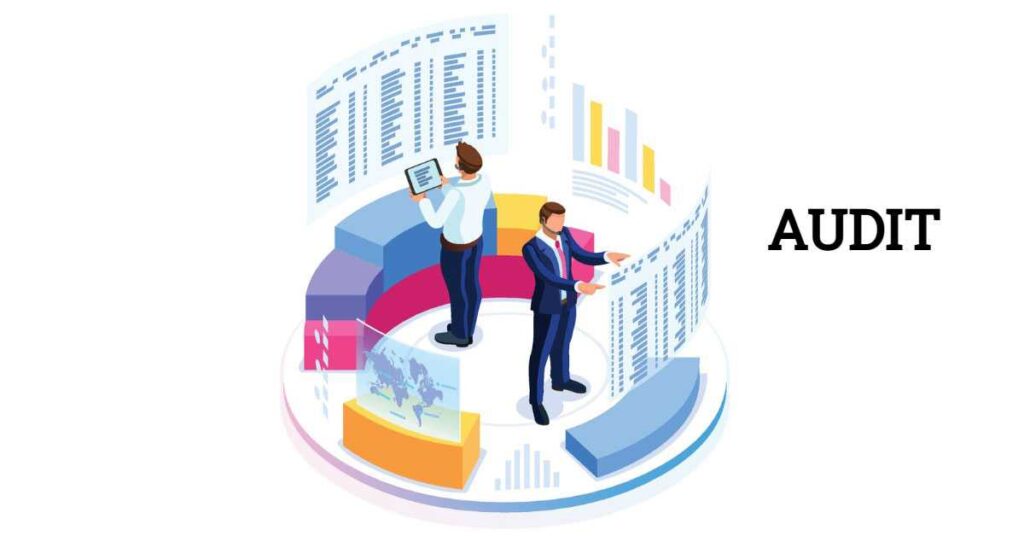Here’s an explanation of their role:
The role of a tax auditor in the showroom’s audit process is to thoroughly review and examine the showroom’s financial records, transactions, and documentation to ensure that the business is complying with all relevant tax laws and regulations. This process is aimed at verifying the accuracy of the reported financial information and ensuring that the showroom is paying the correct amount of taxes owed to the government.
Key responsibilities of a tax auditor in a showroom audit process include:
1. Reviewing Financial Records:
The tax auditor examines the showroom’s financial statements, including income statements, balance sheets, and cash flow statements, to identify any discrepancies or inconsistencies that might indicate potential tax issues.
2. Checking Tax Calculations:
The auditor verifies the accuracy of the showroom’s tax calculations, such as income tax, sales tax, and other relevant taxes. They ensure that the calculations are based on the correct rates and applied appropriately to the business’s transactions.
3. Evaluating Deductions and Credits:
Tax auditors assess the validity of deductions, credits, and exemptions claimed by the showroom. This involves scrutinizing supporting documents to ensure that these claims are legitimate and supported by proper documentation.
4. Examining Documentation:
The auditor reviews various documents such as invoices, receipts, contracts, and expense records to validate the business transactions and ensure that they are properly recorded in the financial statements.
5. Identifying Compliance Issues:
Tax auditors identify any instances where the showroom might not be in compliance with tax laws. This could include failure to report income, inaccuracies in financial reporting, or improper application of tax regulations.
6. Providing Recommendations:
If the tax auditor identifies any discrepancies or issues during the audit, they provide recommendations on how the showroom can rectify the problems and ensure future compliance. This might involve suggesting corrective actions, adjustments to financial statements, or improved record-keeping practices.
7. Communication:
The tax auditor communicates their findings and recommendations to the showroom’s management or relevant stakeholders. This may involve presenting audit reports, discussing potential tax liabilities, and answering any questions or concerns.
8. Maintaining Professionalism:
Tax auditors must conduct their work with objectivity and professionalism, adhering to ethical standards and maintaining confidentiality throughout the audit process.
In summary, a tax auditor plays a crucial role in ensuring that a showroom adheres to tax regulations and accurately reports its financial information. By conducting thorough examinations and assessments, tax auditors help maintain the integrity of the tax system and contribute to the financial transparency and compliance of businesses.
FAQs:
To visit: https://www.incometax.gov.in
For further details access our website: https://vibrantfinserv.com

